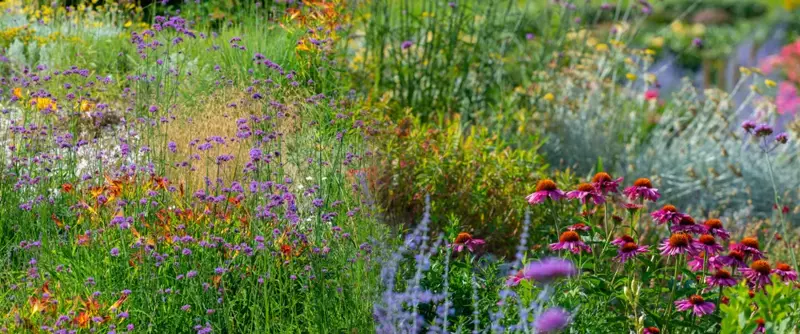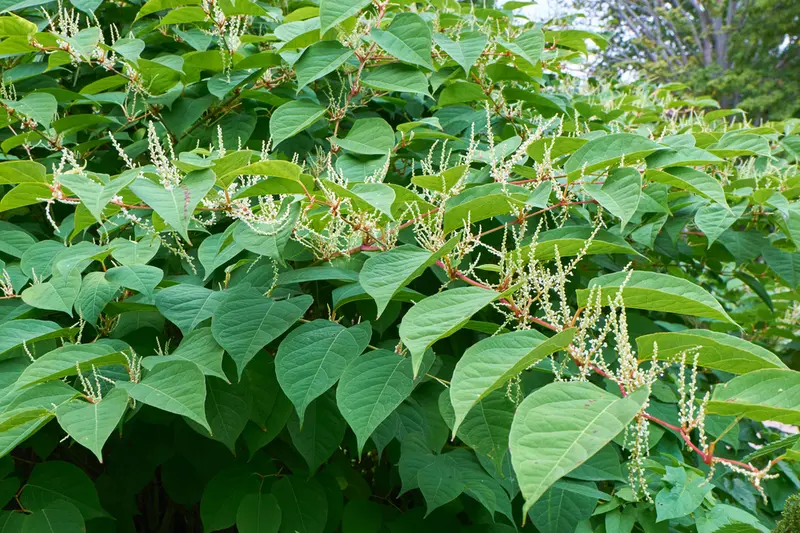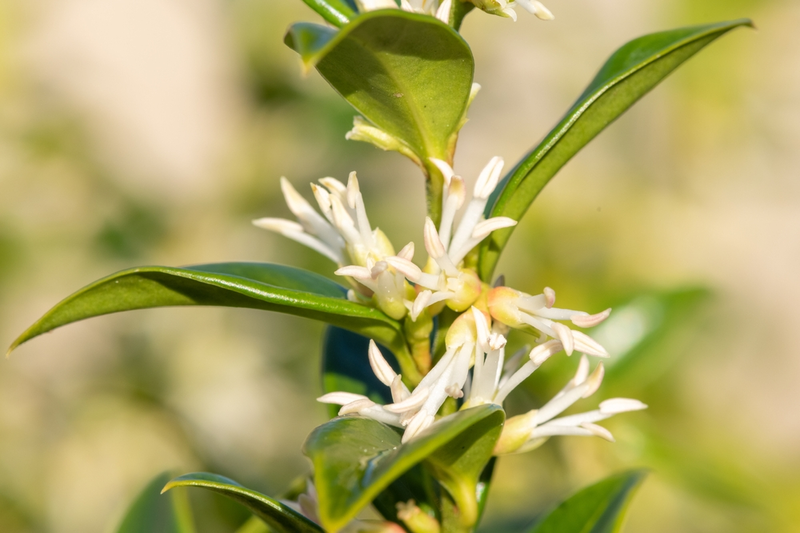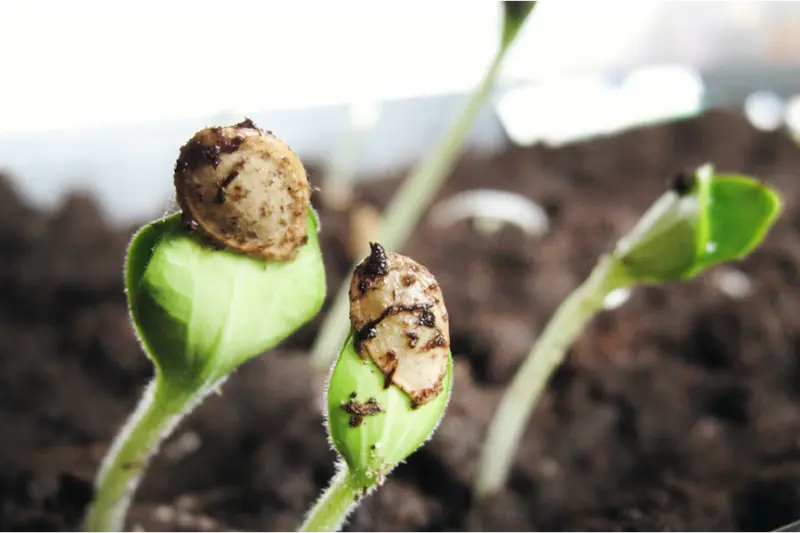
Perennial plants are a gardener’s best friend. They are easy to grow, require less maintenance, and come back year after year. If you plan your garden wisely, you won’t have to dig up most perennials when they go dormant. You can leave them alone all winter, and they’ll pop back up again in spring as if nothing had happened. Once established, they require significantly less maintenance throughout the growing season and into the dormant period. Here are some tips on planting more perennial plants in your garden.
What are the benefits of perennial plants?
There are plenty of benefits to growing perennials in your garden:
- If a perennial is appropriately taken care of, it will keep growing back every year. This is especially useful for colder climates, where growing plants outside for part of the year isn’t possible.
- They are less work. While annuals have to be planted from seed, bought as young plants, and re-potted as they grow, perennials will flower or produce fruit with minimal effort on your part. Make sure to give them proper care, and they will reward you for a long time.
- They are excellent for pollinators. Many perennials are excellent pollinators, like bee balm or borage. Others attract beneficial insects or other creatures that keep pests away. They add diversity to your garden!
- They are resistant to pests and diseases. Perennials often have built-in resistance to pests and diseases. So, they can often survive in or around your garden without needing to be treated with harmful chemicals.
When to plant perennials?
There are some ideal times to plant perennials, such as the beginning of spring, when all the annual plants are being planted, or the end of fall, when most annual plants go dormant. It’s best to wait for the cooler months so your plants don’t get stressed out in the hot, sunny weather. Planting perennials at the beginning of the growing season is ideal because the plants will have time to become established before winter.
Prepare your soil for perennial plants
Choosing the suitable soil for your perennials will depend on what type of soil you currently have in your garden. If you need to add soil to the garden bed where you plan to plant your perennials, you can do so by mixing your existing soil with topsoil or compost. If your soil is mostly clay, you’ll want to add sand to lighten it up. If your soil is mostly sand, you can add clay or compost to give it some substance. You can also look into soil-enhancing products such as root boosters. When adding soil to your garden bed, ensure it’s at least 8 inches deep. This will give the roots plenty of room to grow.
Buy perennials at LittleTree Garden Market
For more information you're always welcome to ask our staff any of your questions. Find a part of our stock online in the webshop, or visit our store in Fergus for our full range of perennial plants!




